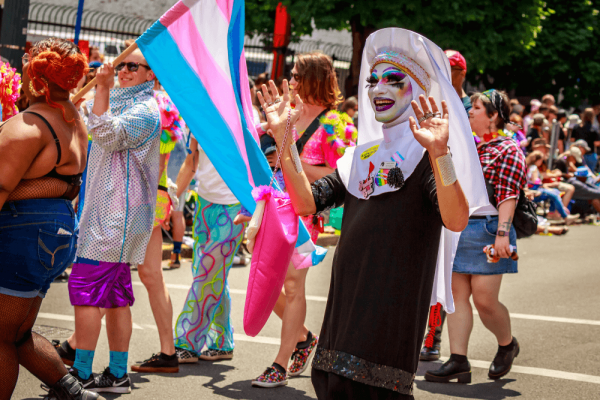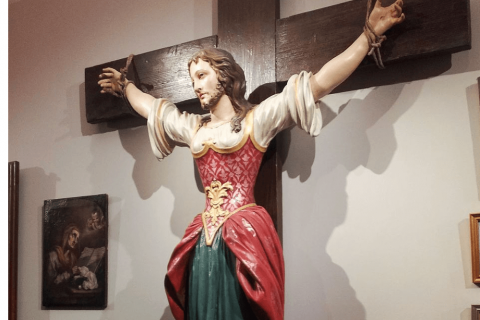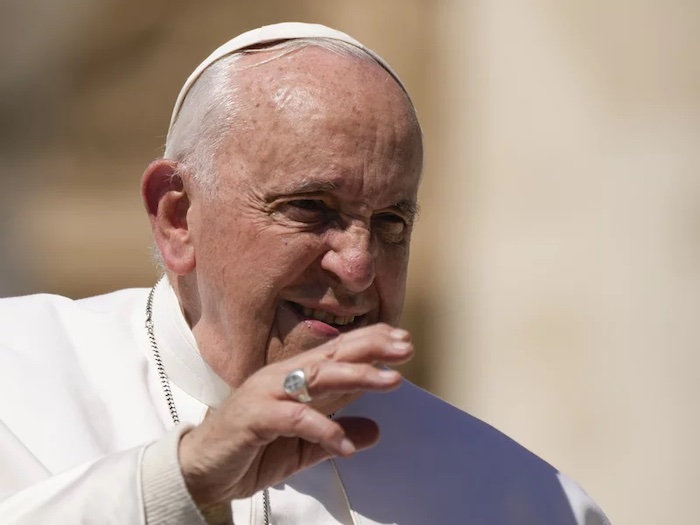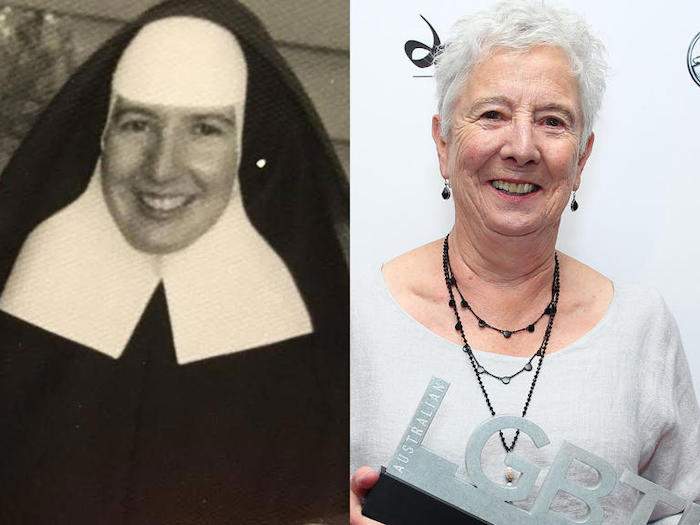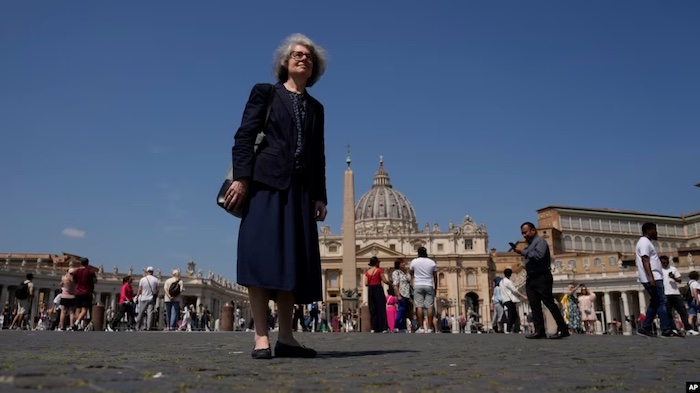
In her years running Catholic youth programs in France, Sister Nathalie Becquart often invoked her own experience as a seasoned sailor in urging young people to weather the storms of their lives.
“There’s nothing stronger than seeing the sunrise after a storm, the flat calm of the sea,” she said.
That lesson is especially applicable to Becquart herself as she charts the global church through an unprecedented — and at times, tempestuous — period of reform as one of the highest-ranking women at the Vatican.
Pope Francis named the 54-year-old nun as the first female undersecretary in the Vatican’s Synod of Bishops office in 2021. Since then, she has been crisscrossing the globe as the public face of his hallmark call to listen to rank-and-file Catholics and empower them to have a greater say in the life of the church.
That process, which comes to a head in October with a big assembly, reaches a crucial point Tuesday with the publication of the working document for the meeting. It is shaping up as a referendum on the role of women in the church of the third millennium.
Becquart, who has overseen a canvassing of ordinary Catholics about their needs from the church and hopes for the future, says the call for change is unambiguous and universal, with demands that women have greater decision-making roles taking center stage at the meeting, or synod.
“There is this unanimous call because women want to participate, to share their gifts and charism at the service of the church,” Becquart said in an interview with The Associated Press in her offices just off St. Peter’s Square.
For a 2,000-year-old institution that by its very doctrine bars women from its highest ranks, Francis’ synodal process has sparked unusual optimism among women who have long felt they were second-class citizens in the church. Predictably, the prospects of change have provoked a strong backlash from conservatives, who view the synod as undermining the all-male, clerical-based hierarchy and the ecclesiology behind it.
Becquart and Francis aren’t daunted and see the criticism, fear and alarm as a good sign that something big and important is underway.
“Of course, there is resistance,” Becquart said with a laugh. “If there is no resistance, that means nothing is happening or nothing is changing.”
But she also puts it in perspective: “If you look at all the history of the reform of the church, where you have the strongest resistance or debated points, it’s really usually a very important point.”
Francis, the 86-year-old Argentine Jesuit, has already done more than any modern pope to promote women by changing church law to allow them to read Scripture and serve on the altar as eucharistic ministers, even while reaffirming they cannot be ordained as priests.
He has changed the Vatican’s founding constitution to allow women to head Vatican offices and made several high-profile female appointments, none more symbolically significant than Becquart’s.
As undersecretary in the Synod of Bishops, Becquart was de facto granted the right to vote at the upcoming October synod — a right previously held by men only. After years of complaints by women, who had been allowed to participate in synods only as nonvoting experts, auditors or observers, Francis not only gave Becquart a voting role, but expanded the vote to laypeople in general.

In April, the Vatican announced that 70 non-bishops would be voting alongside the successors of the apostles in October, and that half of them were expected to be women. While these represent less than a quarter of the bishop votes, the reform was nevertheless historic and a reflection of Francis’ belief that church governance doesn’t come from priestly ordination but by specific jobs entrusted to the baptized faithful.
Becquart has long held leadership roles in the French church, where she ran the bishops’ youth evangelization program. A graduate of Paris’ top HEC business school, Becquart said she has drawn strength from the women who preceded her at the Vatican and in her own religious community, the Xaviere Sisters, a Jesuit-inspired, Vatican II-era missionary congregation that she joined at age 26.
From them and her grandmother, who was widowed while pregnant with her fourth child, Becquart said she learned that women “carry on this message that life is stronger than death, and that even in the greatest difficulties, crises and sufferings, there is a possible path, especially when you are not alone.”
It’s a lesson she applies when sailing and leading spiritual retreats at sea.
“There will be good weather and bad weather, quiet seas and then big waves.” she said. But eventually, the storm will end.
“That’s our life and that’s the life of the church,” she added.
Australia’s ambassador to the Holy See, Chiara Porro, has praised Becquart’s leadership style, recalling how she managed a room full of bishops during the Oceania phase of the synod consultation process. Becquart’s presence as a female Vatican envoy traveling to Fiji to brief Pacific bishops on the pope’s agenda signaled a paradigm shift, Porro said.
“She doesn’t have any preconceived objectives or outcomes. For her, no issues are off-limits, I think, and that’s very important because people feel that they can bring up what they want to discuss,” she said.
Veteran Vatican-watchers, however, caution that even with women taking on high-profile appointments and winning the right to vote at the October synod, the men still run the show.
“All the reforms that have been made to date on governing at the Vatican, in my opinion, are just appearances,” said Lucetta Scaraffia, a church historian who participated in a 2016 synod and wrote a scathing account of her marginalized role in From the Last Row. Her experiences — of being forced to go through a metal detector and check in each day while the bishops waltzed in unimpeded — were emblematic.
“I realized how the Catholic Church really was another world and what it means for women to be nonexistent. To actually not exist,” she said.
Jean-Marie Guenois, chief religious affairs correspondent for Le Figaro, who has known Becquart for years, said her role at the Vatican and in the synod process would be revolutionary “if it marked a paradigm shift in the Catholic Church where women would achieve parity of power in government.”
“We’re a long way from that,” he said, while nevertheless calling Becquart’s position “simply prophetic.”
Complete Article ↪HERE↩!

